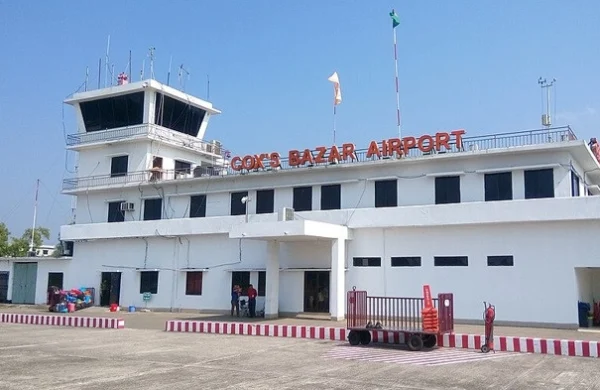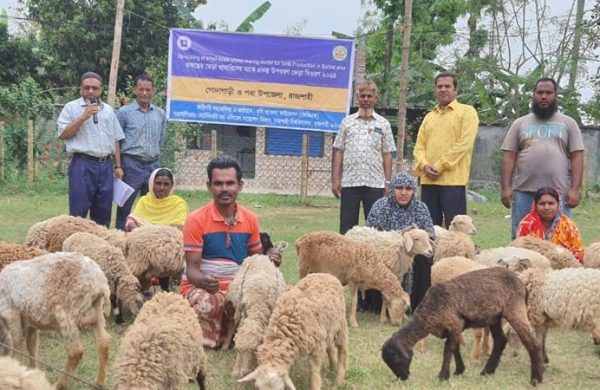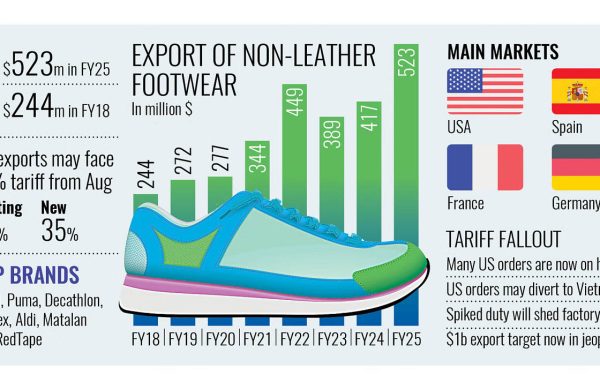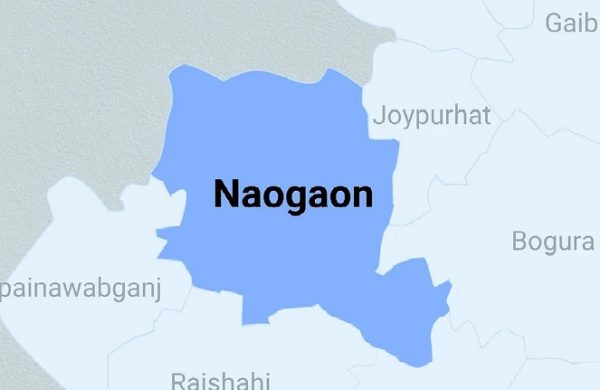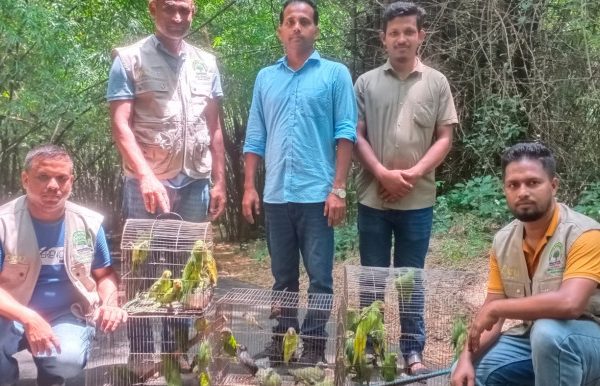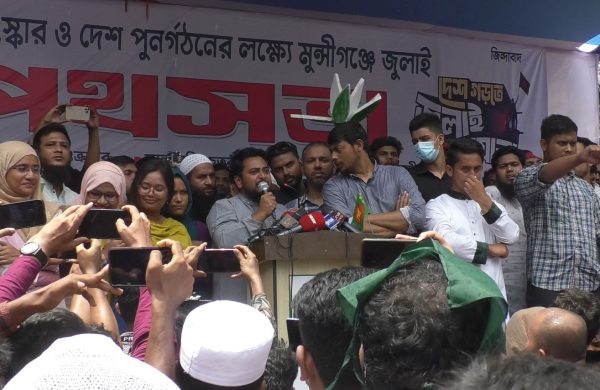Why are Hilsha prices still high despite export ban?
- Update Time : Friday, September 20, 2024
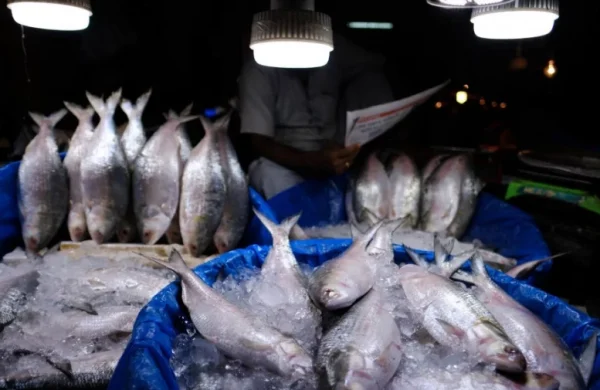
TDS Desk:
Fishermen have expressed their frustration as Ilish fishes are not being found at the Port Road Ilish Market in Barisal, the largest wholesale market for ilish in the country, even after imposing a ban on export.
A small quantity of fish are arriving from local rivers, leading to a noticeable decline in the long lines of fishing trawlers that used to be common at Port Road.
The words were said by two fishermen Jamal and Rafiq who brought ilish from the Meghna river in Bhola.
Being asked where the sea-caught ilish is going, Rafiq immediately called a fisherman at sea.
Over the phone switching on the loudspeaker, he asked: “What have you caught?”
The reply was: “I’m selling whatever I catch right here in the sea.” When asked to whom, the answer was: “To Indian fishermen. It’s easier to sell to them than to the market. They don’t bargain.”
“Talking to the Mahajan, I am selling the ilish to them. Mahajan is also happy. Leave catching ilish in the river and come to the sea.”
Most fishermen are now selling their fishes directly to Indian fishermen, leading to a shortage of ilish in local markets. Additionally, the ilish is being distributed across various markets in the Barisal division, exacerbating the scarcity even during peak season. Retailer Manik Sikdar mentioned that ilish has become a luxury item, beyond the reach of middle-class families.
Zahir Sikdar, a trader at Port Road, explained that there was a 65-day fishing ban from May 20 to July 23 in Bangladesh, while India has a 61-day ban (from April 15 to June 14).
With India’s ban over, Bangladeshi fishermen face a 38-day ban, allowing Indian fishermen to exploit the situation. They cross into Bangladesh’s waters using advanced nets, catching both large and small ilish. This pattern has persisted for years, preventing ilish from growing, said the trader.
Despite repeated alerts to fishery officials, little action has been taken, allowing Indian fishermen to continue buying ilish from Bangladeshi waters, he added.
Zahir called for stricter monitoring by law enforcement at sea and legal action against those selling ilish directly to Indian fishermen. Despite the government’s ban on ilish exports to India, local consumers are seeing no benefit from this.
Businessmen like Md Jahangir and Anjan Das noted that environmental factors are reducing ilish catches in both the sea and rivers, which keeps prices high. At Port Road, only river-caught ilish is available, and it is being distributed to Bogura and Rajshahi traders, eventually entering the Indian market without LC.
The high prices for ilish have led to a situation where few retailers can afford to buy it, driving fishermen to sell where they can get the best price.
Nripenda Nath Biswas, deputy director of the Barisal Division Fisheries Office, mentioned that the matter of synchronizing fishing bans with India has been communicated to higher authorities.
He also claimed that ilish has decreased due to environmental reasons. However, during the rainy season, fishermen are catching a good amount of ilish in their nets. Breeding and growth of ilish depends on three factors – tide, ebb and rain. Steps will be taken to stop the sale of hilsa from the sea to Indians.
Currently, in Barisal’s wholesale market, ilish prices are around Tk85,000 per mound for 1.5 to 2 kg, Tk65,000 for 1 kg, Tk60,000 for 600 to 900 grams, and Tk53,000 for 500 grams.
Besides, jatka fish are also found available in the open market, selling for Tk500 to Tk550 per kg.
In previous years, the government allowed the export of 3,000 to 5,000 tons of ilish annually around Durga Puja.
But considering the scarcity of fish in the country, the government has decided to impose a ban on ilish exports this year.





